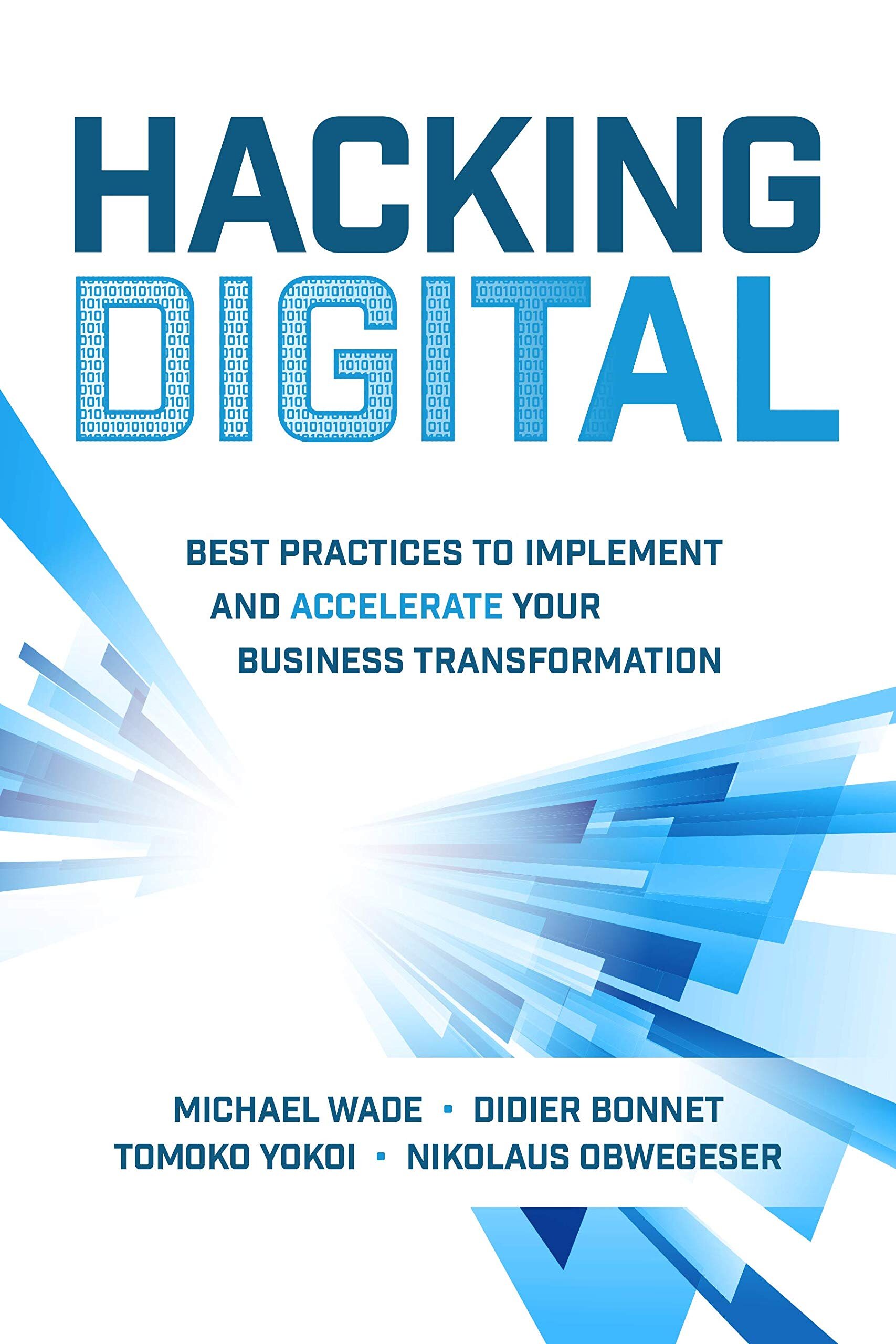Episode 61: Michael Wade
How Alien Thinking Can Help You With Breakthrough Ideas
For the past decade, Michael Wade, professor of innovation and strategy at IMD Business School, and his co-authors studied the thought process of inventors, scientists, doctors, entrepreneurs, and artists. The product of this collaboration is the book A.L.I.E.N. Thinking: The Unconventional Path To Breakthrough Ideas. Wade and his colleagues learned that these people’s out-of-the-world ideas helped them to make leaps and bounds in discovering game-changing solutions.
In this episode, Michael talks about the five patterns of thinking that distinguish these innovators from the rest of us. He shares how Attention, Levitation, Imagination, Experimentation, and Navigation—make for a fresh and flexible approach to problem-solving. Find out how to free your imagination and detect hard-to-observe patterns.
Episode Quotes:
Was this book intended to be more general, since most of your books are about digital transformation? Throughout your career as a professor and researcher, do you see yourself becoming more generalist in your approach?
“I think probably Greg it's the opposite with me. I had a very traditional academic career path. I was a professor in the MIS area. Way back when I was really interested in digital things before it was called digital. But I did find, I have to tell you, that I felt a little bit constrained in a traditional university environment. Where, you know, you're pigeonholed into a department, and my department was the MIS department. So if I wanted to do marketing, strategy, or leadership, I was locked out to a certain extent.”
How can keeping people outside their comfort zone help them become motivated to learn and energized?
“And that's one of the reasons we chose the metaphor of the alien because you can imagine Greg, an alien comes down to earth. That alien sees everything for the first time. And so, everything's new. But we lose that. We completely lose that. So, you know, the expression 'déjà vu'? So, déjà vu is, you look at something, you think I've seen that before. I'm sure I've seen that before. You get that sense of déjà vu. We want people to have the opposite of that.”
Thoughts on rest, levitating and taking time off to reflect
“The L is a fun one. It's also a bit counterintuitive. This idea of levitating and levitating is all about —you talked about zoom in, zoom out before — it's about timeout and time off. We just do not give our minds enough time to disengage. I'll ask a question, an open question. How many of you take your phones into the toilet with you? It's probably a shockingly high number. You don't; we don't even give ourselves those two and a half minutes of time for our mind just to reflect.”
How do we lose our ability to exercise our imagination and creativity?
“You know, all kids are imaginative. They have great imaginations. But you know, life tends to beat it out of us. School beats it out of us. Our careers beat it out of us. And eventually, there's not much left. I think it was George Bernard Shaw who said, “We don't stop playing because we grow old, we grow old because we stop playing.””
Time Code Guide:
00:02:30: Experience at IMD: Thoughts on not having core interests and not being caged within a department
00:03:51: Do you think that working with real executives and companies rather than startups help shape your thinking to see real obstacles and become an alien thinker?
00:07:32: How the book can help readers who just joined immersive work experiences stay motivated and energized?
00:10:52: Paying attention to situations, zooming in and out, and changing perspective
00:13:17: Hypothesis-driven inquiry vs. data-driven discovery
00:17:45: How to be intentional on doing nothing and plotting rest in the calendar
00:20:23: Remote work not being conducive for levitation
00:23:41: What happens when you yourselves in pigeonholes and when you become fixated on your function?
00:27:43: Using your imagination to innovate and enhance customer experiences in restaurants using online and digital tools
00:30:31: How to improve brainstorming process?
00:33:03: How do you stick to scientific methods without confirmation bias kicking-in?
00:36:43: Understanding the scientific method: how the human brain can learn naturally and how we learn from machines
00:39:08: How preferring negative feedback, anticipating blockers and welcoming challenges help you churn out innovative ideas
00:42:14: How manual drawings help architects solve problems better
00:44:34: How to open more organizations to creativity and idea generation
00:46:39: Becoming an expert but learning other things from different areas and practices to bridge gaps in the organization
Show Links:
Guest's Profile:
Professional Profile at The Conversation Newsletter
His Work:
Michael Wade on Google Scholar
ALIEN Thinking: The Unconventional Path to Breakthrough Ideas
Hacking Digital: Best Practices to Implement and Accelerate Your Business Transformation
Orchestrating Transformation: How to Deliver Winning Performance with a Connected Approach to Change
Digital Vortex: How Today's Market Leaders Can Beat Disruptive Competitors at Their Own Game








